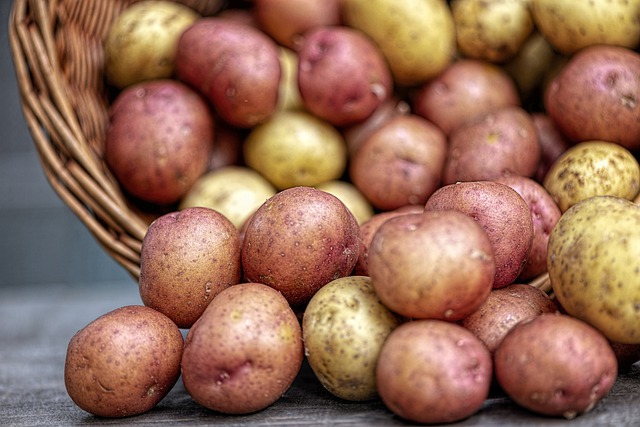Two researchers at the University of Maine have partnered with a team of plant geneticists and breeders to develop tools which will help Maine scientists and farmers become more efficient in breeding new cultivars and bringing novel, improved potato varieties to market, the university says in a news release on Dec. 3.
Greg Porter, professor of crop ecology and management in the School of Food and Agriculture, and E. Han Tan, assistant professor of plant genetics with the School of Biology and Ecology, are taking part in the project, the release notes. The team is working to develop and test genomics-assisted tools which will help advance breeding work with polyploid food crops such as potatoes and sweet potatoes, ornamentals such as roses, and aesthetic grasses, including turfgrass.
The project is led by researchers from Texas A&M University through a US$4.3 million grant from the United States Department of Agriculture’s National Institute of Food and Agriculture. Other schools involved include Cornell University, North Carolina State University, the University of Minnesota and Oregon State University, the release says.
Genomic-assisted tools for hybridizing diploid crops have recently become available and are now widely used to improve a variety of crops, the report notes. Adapting these tools for polyploid crops, such as potatoes, has proven difficult though, requiring plant geneticists and growers to employ traditional crossing and selection methods which can take more than a decade to produce improved cultivars. A key goal of this project is to develop faster, more reliable polyploid breeding methods to speed introduction of new potato varieties.
“The exciting new DNA-based tools that will be developed in this research project have the potential to speed up the delivery of new, higher quality, high yielding, pest resistant potato varieties to Maine growers and the U.S. potato industry,” Porter says in the release. These tools could reduce the timeline from hybridization to cultivar evaluation by 50 per cent.
Porter and Tan will integrate these newly developed software and computational tools in the University of Maine’s conventional potato breeding program to identify desirable traits in locally adapted cultivars, and to map those characteristics to the potato genome, the release notes. These tools will also be available on a community resource website managed by Washington State University.











